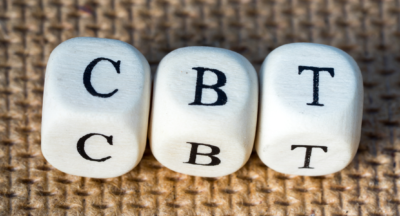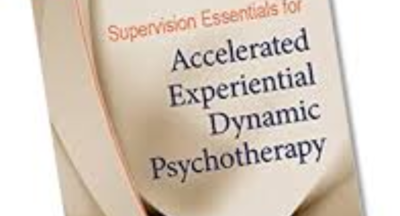
What is CBT? A Comprehensive Guide to Cognitive Behavioral Therapy
-CLICK HERE TO LISTEN-NATIONAL ASSOCIATION OF CBT – AUDIO SELF -HELP SERIES
Introduction
Cognitive Behavioral Therapy, commonly known as CBT, is a widely recognized and effective form of psychotherapy. It focuses on identifying and changing negative thoughts and behaviors that contribute to emotional distress. By addressing these patterns, CBT helps individuals develop healthier coping mechanisms and achieve better mental well-being.
How Does CBT Work?
CBT operates on the principle that our thoughts, feelings, and behaviors are interconnected. It recognizes that distorted or negative thoughts can influence our emotions and actions, leading to a cycle of negative experiences. The goal of CBT is to help individuals break this cycle by challenging and replacing negative thoughts with more realistic and positive ones.
Key Concepts in CBT
CBT is based on several core principles and techniques:
- Cognitive Restructuring: This involves identifying and challenging negative thought patterns and replacing them with more rational and balanced thoughts.
- Behavioral Activation: By engaging in positive behaviors and activities, individuals can experience an improvement in their mood and overall well-being.
- Exposure Therapy: This technique involves gradually exposing individuals to situations or stimuli that trigger anxiety or fear, helping them confront and overcome their fears.
- Skills Training: CBT often includes teaching individuals specific skills, such as problem-solving and stress management, to help them better cope with challenges.
How Can CBT Help?
CBT has been proven effective in treating a wide range of mental health conditions, including:
- Anxiety disorders
- Depression
- Post-Traumatic Stress Disorder (PTSD)
- Obsessive-Compulsive Disorder (OCD)
- Substance abuse
- Eating disorders
- Insomnia
It can also be helpful for individuals experiencing relationship difficulties, low self-esteem, and stress-related problems.
CBT Self-Help Resources
If you are interested in exploring CBT further or would like to try some self-help techniques, the following resources can be a valuable starting point:
- NHS Self-Help Therapies: The National Health Service (NHS) provides a range of self-help resources for various mental health conditions, including CBT-based interventions.
- Moodjuice: This website offers self-help resources, worksheets, and interactive tools based on CBT principles to help individuals manage their mental health.
- Psychology Tools: Psychology Tools provides a wide range of free CBT worksheets and resources for therapists and individuals seeking self-help.
- Get Self Help: This website offers free CBT self-help resources, including worksheets, information leaflets, and audio recordings.
While self-help resources can be beneficial, it is important to note that CBT is most effective when delivered by a trained therapist. If you are struggling with significant mental health challenges, it is recommended to seek professional help.
Conclusion
Cognitive Behavioral Therapy (CBT) is a powerful therapeutic approach that can help individuals overcome negative thoughts and behaviors and improve their mental well-being. By challenging and replacing negative thoughts, individuals can break the cycle of distress and develop healthier coping mechanisms. While self-help resources can be valuable, working with a trained therapist is often the most effective way to experience the full benefits of CBT.
Related Posts
Understanding CBT and Core Beliefs: Types and Examples
https://www.youtube.com/watch?v=AhTdAU4LV6g What is CBT?Cognitive Behavioral...
Understanding Cognitive Behaviour Therapy and the Principle of Goal Orientation and Problem Focus
https://www.youtube.com/watch?v=u3aBwGxTtSE Cognitive Behaviour Therapy (CBT) is...
Accelerated Experiential Dynamic Psychotherapy: An Effective Approach to Emotional Healing
Introduction Accelerated Experiential Dynamic Psychotherapy (AEDP) is a...
What is CBT? A Comprehensive Guide to Cognitive Behavioral Therapy
-CLICK HERE TO LISTEN-NATIONAL ASSOCIATION OF CBT - AUDIO SELF -HELP SERIES...





Hare Krishna,
CBT operates on principle that our thoughts, feelings and behaviors are interconnected. It recognizes that distorted or negative thoughts can influence our emotions and actions leading to a cycle of negative experiences.
Key components of CBT are cognitive restructuring, behavioral activation, exposure therapy, skills training.
CBT helps in treating anxiety disorders, depression, OCD,PTSD,relationship issues, substance abuse, insomnia, eating disorders
CBT self help resources are NHS self help therapies, mood juice,psychology tools, get self help
CBT is a powerful therapeutic approach that can help individuals overcome negative thoughts and behaviors and improve their mental well being.